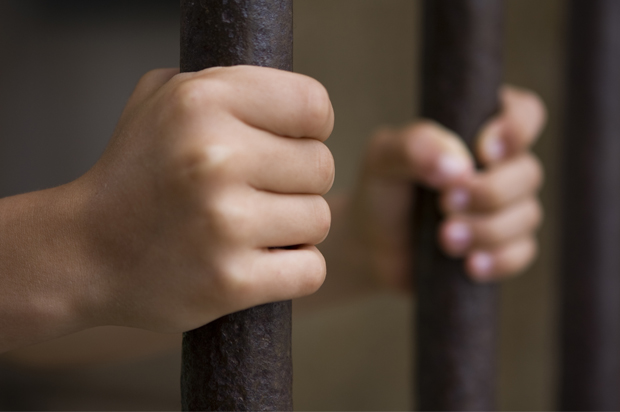A clinical psychologist has been named to run the second-largest jail in the country, marking what is believed to be the first time a mental health professional will hold such a position. Cook County Sheriff Thomas Dart announced Monday that Dr. Nneka Jones Tapia, who previously oversaw mental health strategy at the jail as its assistant executive director, will be taking over as executive director of the Cook County Department of Corrections.
According to a statement on Tapia’s appointment, on average, 25 to 30 percent of the 9,000 people incarcerated in the jail suffer from serious mental illness, “making it the largest mental health institution in the country.”
“No longer can we view jails and prisons as places that happen to house mentally ill inmates — incarceration and mental health treatment have been infused, they are one and the same,” according to Dart.
Jones Tapia has said in interviews that, rather than just increase access to mental health care in the jail, her focus is to keep people struggling with mental illness out of the criminal justice system in the first place. Jones Tapia told NPR that a lack of treatment options is fueling the country’s mass incarceration crisis.
This is true nationally. According to data from the Vera Institute, there are around 3,000 jails in this country, detaining 730,000 or more people on an average day. A great majority of these people, 75 percent of pre-trial detainees and people serving time post-conviction, are there for nonviolent offenses. And around 15 percent of men and 30 percent of women in jails struggle with serious mental illness, and more than 70 percent within that group also have a substance use problem.
Undoing decades of bad policy requires more than just better care options for people who are already incarcerated, Jones Tapia said, it requires a fundamental overhaul of the criminal just system: “Law enforcement was never meant to handle mental illness.”

